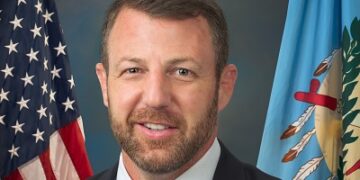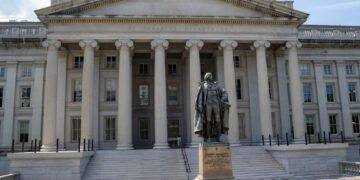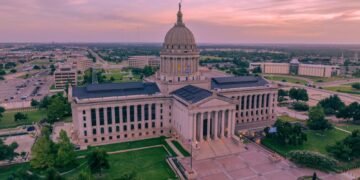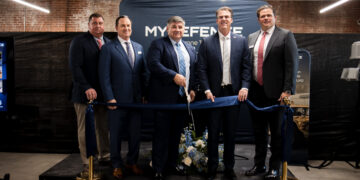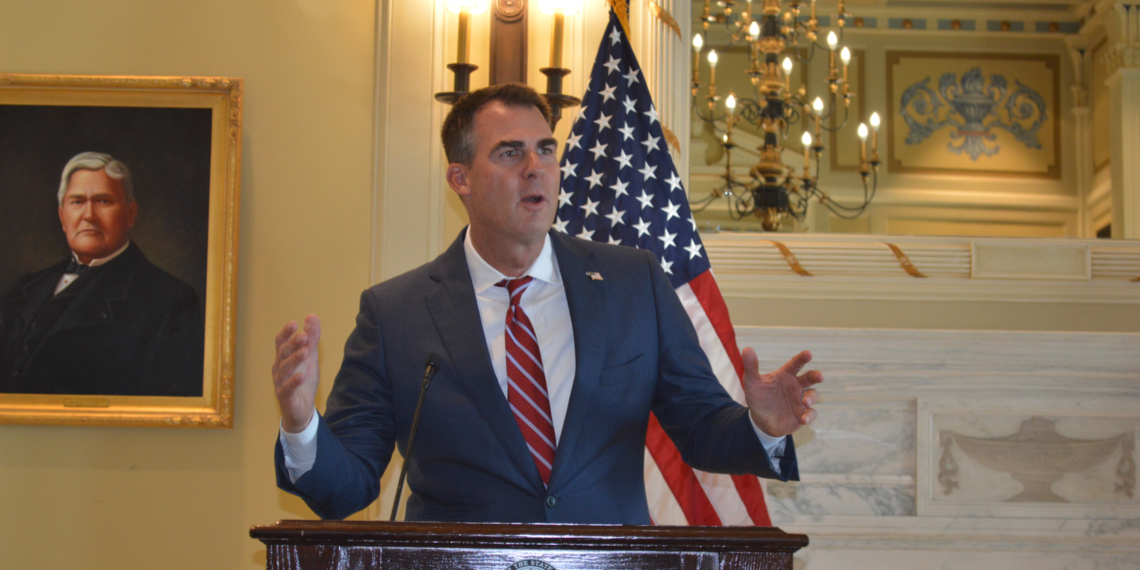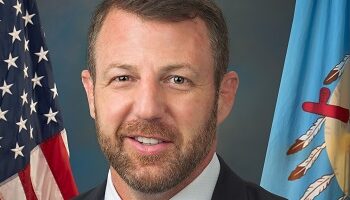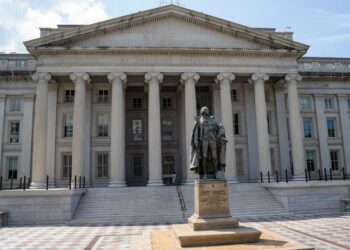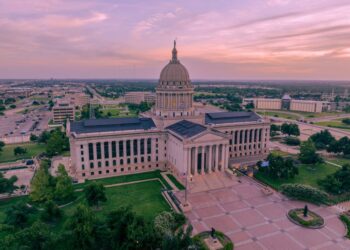OKLAHOMA CITY (OBV) – Gov. Kevin Stitt issued an executive order for the Oklahoma Legislature to go into special session and cut taxes, an action which two legislative leaders referred to as a stunt.
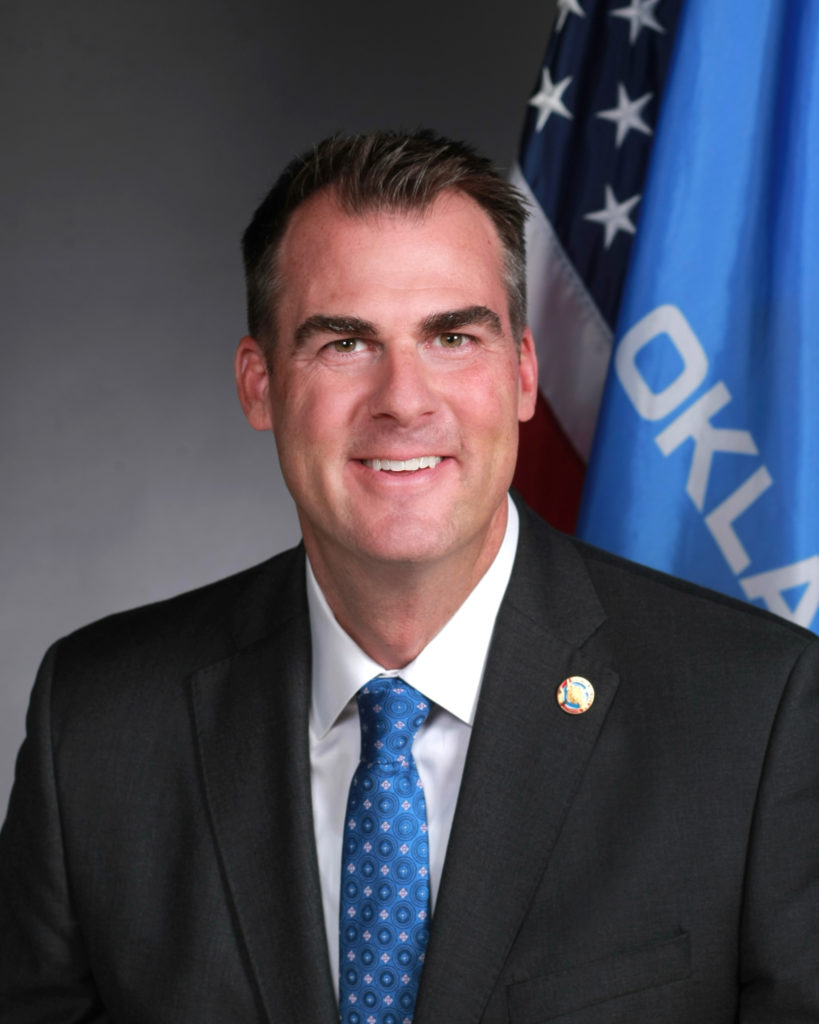
Stitt issued Executive Order 2024-01 on Tuesday, ordering Oklahoma’s 59th Legislature to go into special session beginning on Jan. 29 and pursue a .25 percent reduction of personal income tax for Oklahomans.
“From day one, I’ve called on the Legislature to give Oklahomans a much deserved tax cut,” Stitt said. “With record-breaking savings and a strong economic outlook, there’s not time like the present to deliver a pay raise to all Oklahomans. Let’s get this across the finish line before we head into regular session.”
Stitt also called for a special session in September, ordering the legislature to implement a tax cut that would lead to zero income taxes, a “tax fairness” law and a measure that increases transparency in the state budget process.. However, no tax laws came from the special session since the Oklahoma Senate adjourned sine die on the session’s first day.
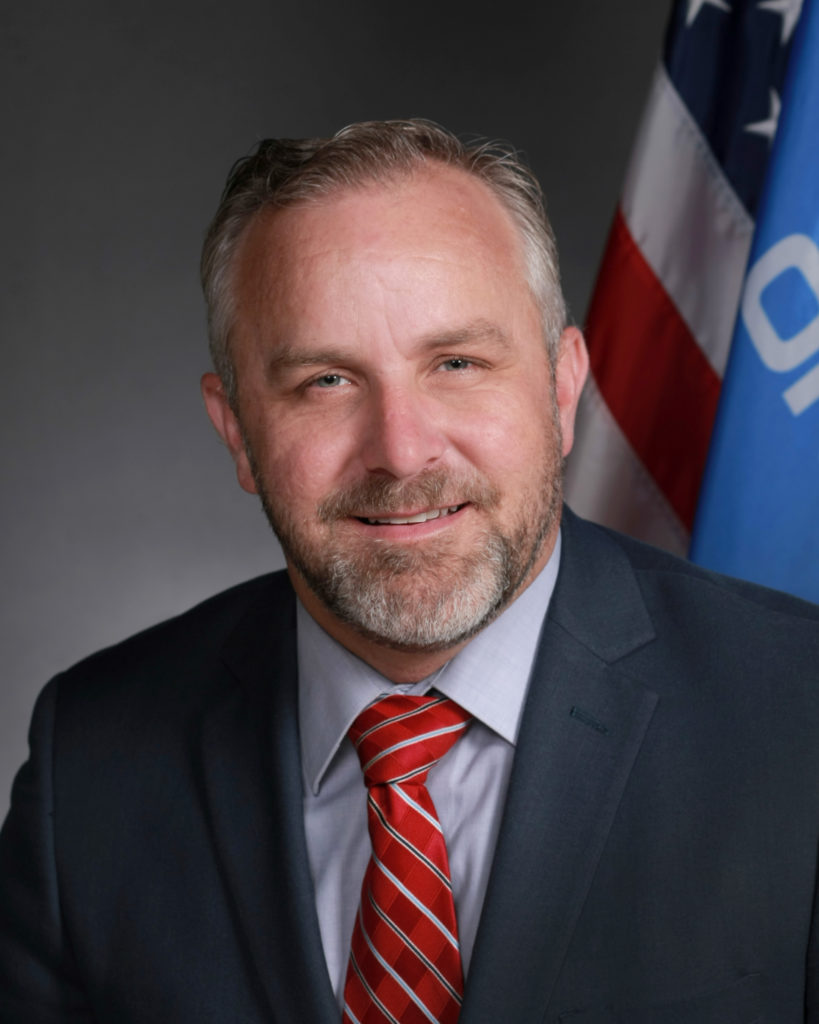
Senate Pro Tem Greg Treat, R-Oklahoma City, blasted Stitt after the sine die adjournment for not coming before legislators to make his case for the tax measures. Treat criticized Stitt again on Tuesday, saying he explained to Stitt that the legislature did not yet have enough financial data to call for a tax cut.
“It is disappointing the governor would call another special session,” Treat said. “I met with the governor and Speaker McCall Thursday. The governor laid out his intentions for a special session regarding tax cuts. I outlined to the governor, we will not know how much money the state will have to spend on a tax cut until the Board of Equalization meets to certify budget numbers in mid-February.”
Treat described the executive order as a “stunt.”
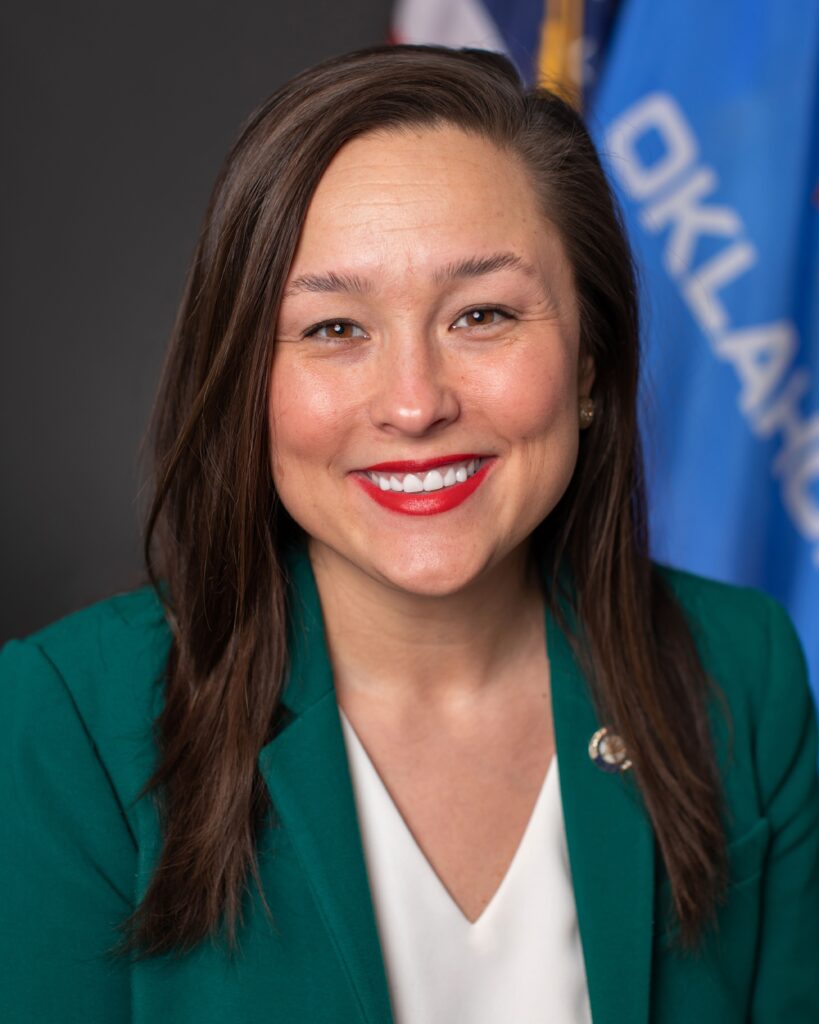
“It is unfortunate the governor has chosen this route. The Senate will adhere to the call of the special session, as we have always done to respect and uphold our constitutional duty,” Treat said. “However, I do not know what will be different between the last week in January and the last time he pulled this stunt in October.”
Oklahoma House Democratic Leader Cyndi Munson, D-OKC, issued a statement criticizing Stitt and also calling the executive order a “stunt.” That statement is as follows:
“The Governor’s call for a Special Session to cut income taxes is just his latest political stunt, and it is not a genuine attempt to lower costs for Oklahoma families. We have not even completed our agency budget hearings to gain a comprehensive understanding of our state’s fiscal picture, including the potential loss of federal dollars post-Covid.
We will have four months beginning February 5 to deliberate fiscal and policy ideas. Our job as legislators is to work through these important issues, as we are called to do every year. Instead, the Governor is asking us to waste time and taxpayer dollars by throwing ideas at the wall to see what sticks. It is unwise and fiscally irresponsible to ask the Legislature to haphazardly cut revenue.
Why does the Governor insist we keep doing what we’ve been doing when it hasn’t worked? It is time to invest in Oklahoma.”
Rep. Cyndi Munson
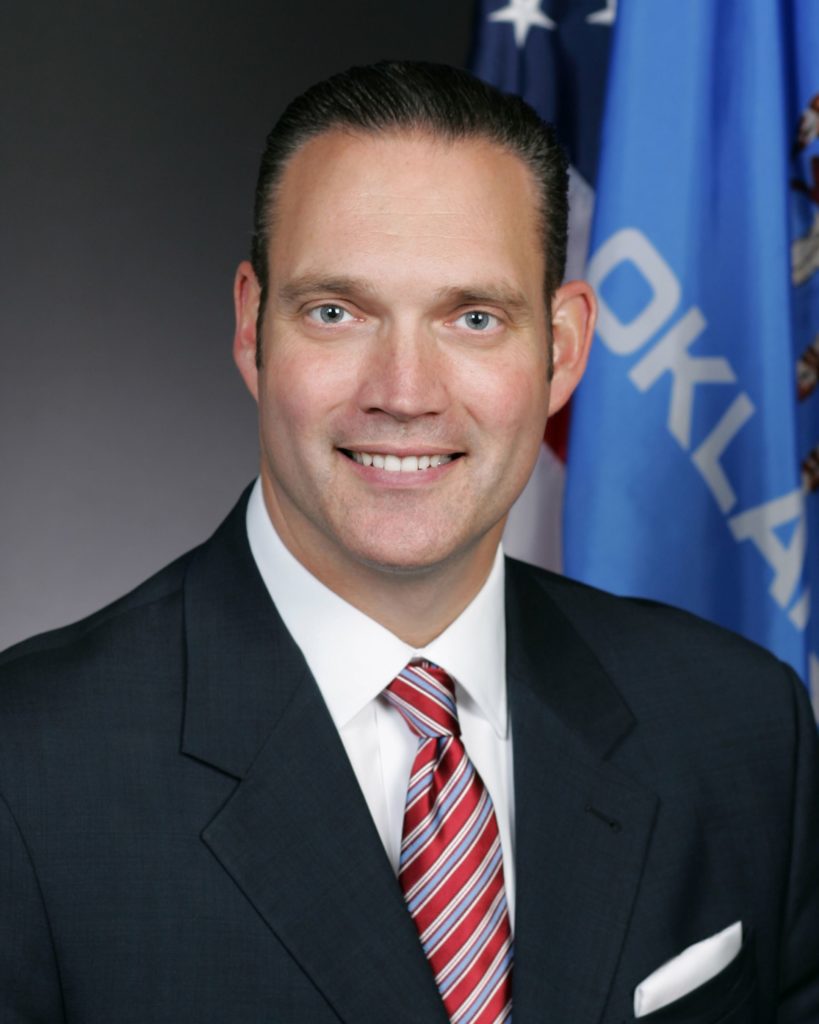
The push for tax cuts in the 59th Legislature began earlier this month when House Speaker Charles McCall, R-Atoka, filed several tax cut bills. Those bills are as follows:
- HB 2948 – Corporate income tax phase out over five years.
- HB 2949 – Flat rate 4.25% personal income tax effective Jan. 1, 2024; rate imposed on taxable income amounts above specific figures based on filing status.
- HB 2950 – .25% personal income tax decrease effective Jan. 1, 2024, and following tax years.
- HB 2951 – .25% personal income tax decrease for 2024 and 2025, with rates to restore to current level (current rates and brackets) for 2026, and following tax years.
- HB 2952 – .50% personal income tax decrease for 2024 and 2025, with rates to restore to current level (current rates and brackets) for 2026, and following tax years.
Also awaiting action is legislation that was passed by the House during the 58th Oklahoma Legislature but is still in need of Senate consideration. Those bills are as follows:
- HB 1953 – As amended – eliminates the current standard deductions and changes the personal income taxing framework from a bracket based system to a flat rate system. For tax year 2024 and 2025, sets the flat rate at 4.25%, with the rate imposed on taxable income amounts above specific figures based on filing status.
- HB 1954 – .50% personal income tax decrease effective Jan. 1, 2024, and following tax years.
“Everyday Oklahomans continue to feel the effects of destructive federal economic policies on their wallet, and they desperately need relief,” McCall said. “The House has passed numerous tax cut bills to the Senate during multiple regular and special sessions throughout the last three years, and these new bills represent our latest attempt to get meaningful tax cuts passed and to the governor’s desk. Our state is in a strong position both economically and in regards to savings, so now is the perfect time to pass tax cuts and let the citizens of Oklahoma keep more of their hard-earned money.”
The Oklahoma legislature has passed some tax reform measures during the past two legislative sessions, including eliminating the franchise tax, allowing full expensing of capital investments for businesses and eliminating the marriage penalty within the state’s individual income tax law.
Oklahoma’s individual income tax system has six income tax brackets ranging from 0.5 percent to 4.75 percent for top earners. The 4.75 percent rate kicks in at a $7,000 annual income.
All Oklahomans and more than 95 percent of businesses in the state pay the individual income tax. The income tax’s standard deduction is $6,350 for single filers and $12,200 for joint filers.


